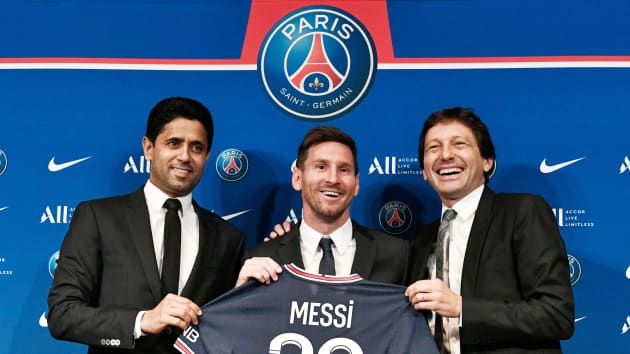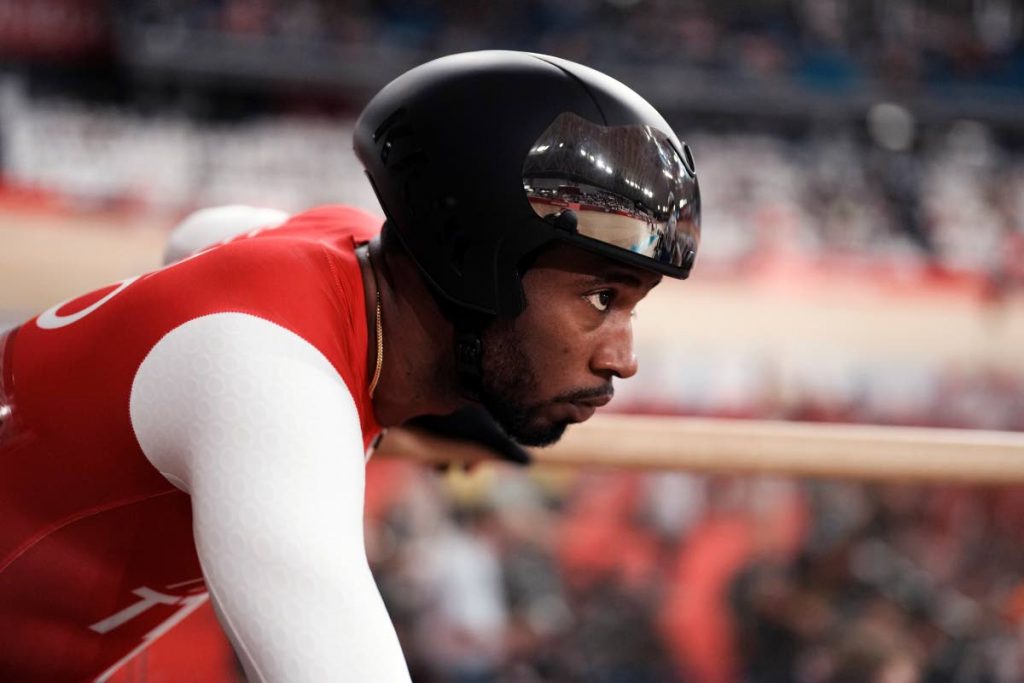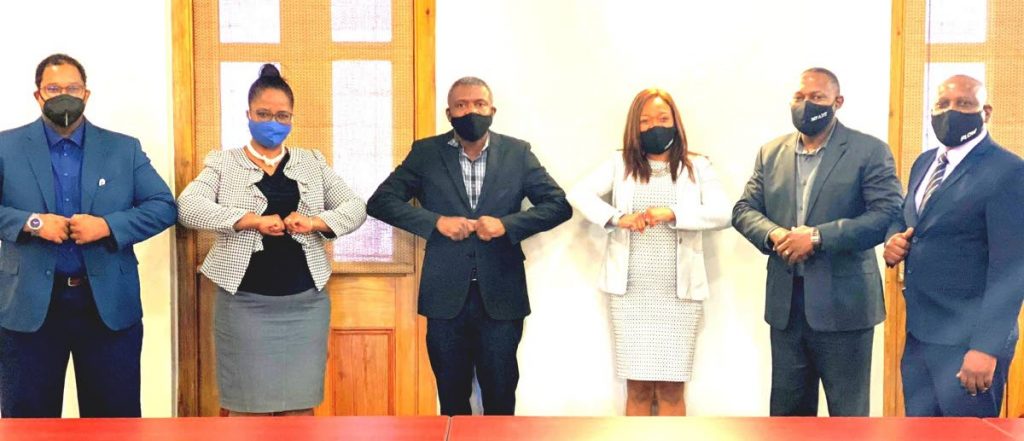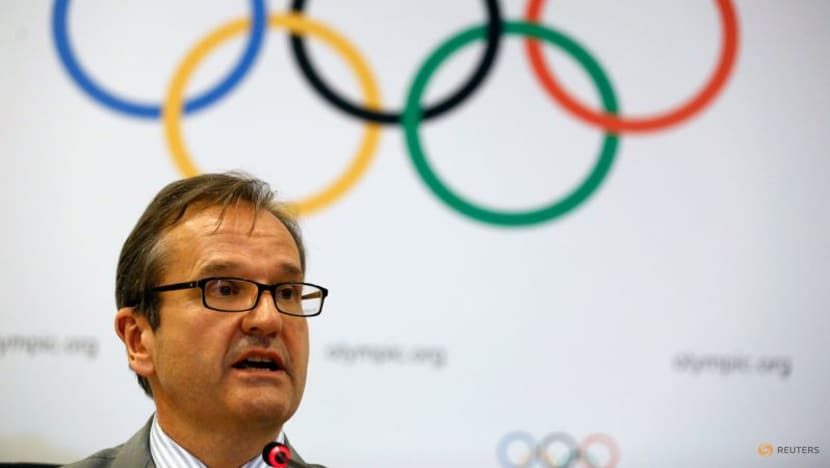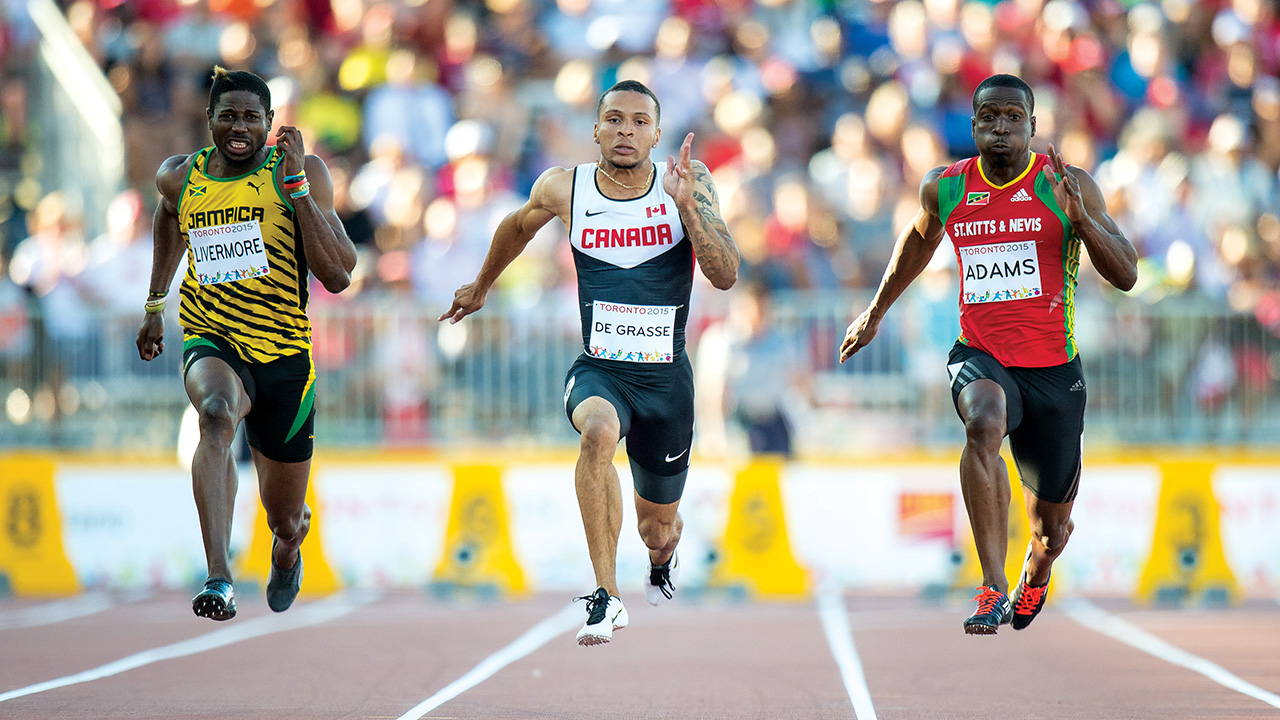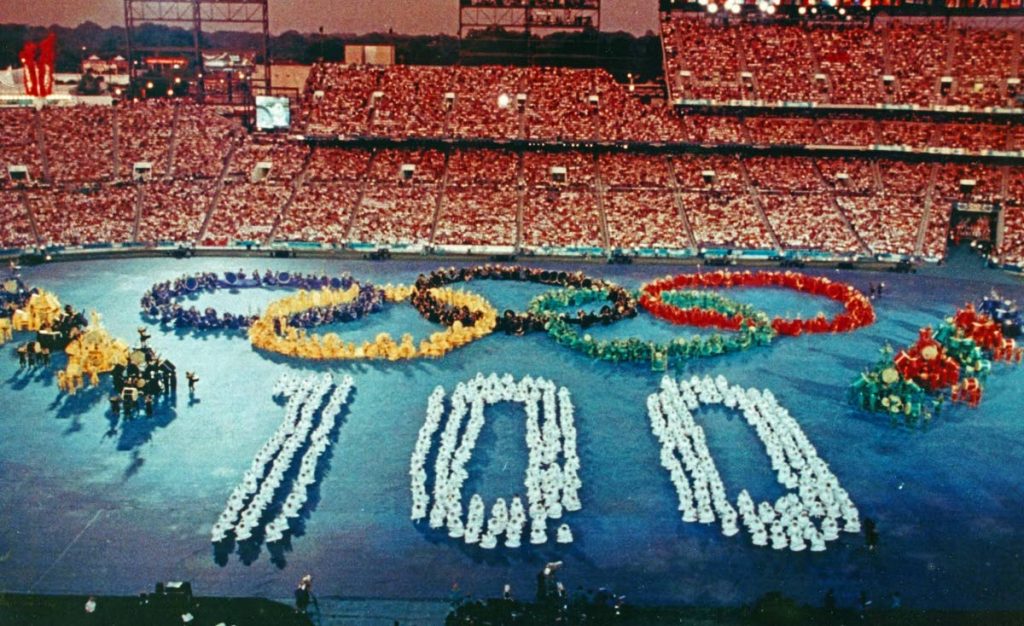Paris Saint-Germain President Nasser Al-Khelaifi says the world will be “shocked” by the financial revenues generated by the club’s signing of global soccer superstar Lionel Messi.
Cyclists Paul, Browne advance to men's keirin quarter-finals
National cyclists Nicholas Paul and Kwesi Browne advanced to the men’s keirin quarter-finals on Saturday. The pair will ride at about 9.29 pm and 9.34 pm respectively for a spot in the semi-finals.
Flow, Digital Transformation Ministry partner in plan for Trinidad and Tobago
Telecommunications company Flow and the Ministry of Digital Transformation have partnered to develop a digital transformation plan for Trinidad and Tobago.
Sharing videos on social media from Tokyo Olympics is not allowed: IOC
TOKYO: Sharing videos from the Tokyo 2020 Olympic Games on social media is not allowed, even for athletes, the International Olympic Committee (IOC) said on Thursday (Aug 5) as it looked to protect broadcasters' rights.
Jamaican double gold medallist sprinter Elaine Thompson-Herah was blocked briefly from Instagram on Wednesday after she had posted videos of her victorious 100m and 200m races to her 310,000 followers, violating broadcast rights for the Games.
A Facebook spokesperson later said that while the content from Facebook-owned Instagram was removed, the suspension was wrongly applied.
"We encourage people, we encourage everybody, to share still pictures of performances, but the video obviously belongs to the rights-holding broadcasters," IOC spokesman Mark Adams said.
The IOC will receive more than US$4 billion in broadcasting rights for the period, including the 2018 Pyeongchang Winter Olympics and the Tokyo Games, much of which goes back into the Games and in supporting sports and athletes.
The biggest single chunk of that money comes from United States broadcaster NBCUniversal - which has paid US$7.65 billion to extend its US broadcast rights for the Olympics through 2032.
Adams said that 90 per cent of the income from broadcasters that the IOC gets is redistributed. "That money comes to the IOC. We have to protect their rights and therefore the income which we can redistribute to athletes and sports."
Social media has increasingly become a key way for audiences to engage with the Games.
This year, athletes have posted viral TikToks from behind the scenes, including jumping on their much-discussed cardboard beds to debunk claims that the beds were not strong enough to withstand vigorous activity and were therefore "anti-sex".
But there are copyright and other restrictions on the kinds of online content that can be posted from the Games.
Source: https://www.channelnewsasia.com
Out of nowhere
Andre De Grasse took the track and field world by storm last summer, winning both the 100-metre and 200-metre NCAA titles and then taking bronze at worlds. He stands a good chance of bringing home Canada's first Olympic sprint medal in 20 years. And he's only been racing for four years.
25 years later: A look back at Peter Minshall's Olympic magic
A national flag once drenched in an Olympic medallist’s sweat, event schedules and pins are just some reminders still cherished by the TT members of the design and production team for the 1996 Olympic Games opening ceremony.

